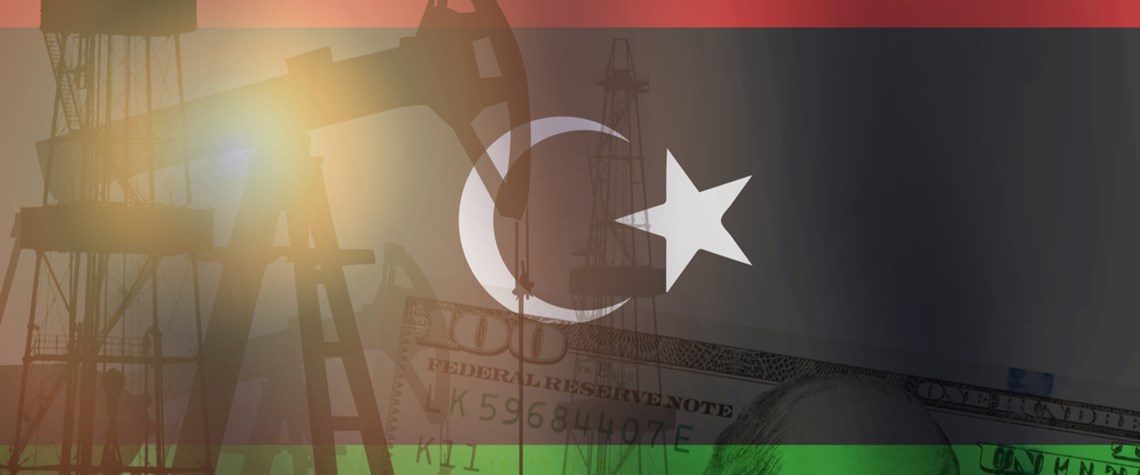Libyan barrels’ return may be temporary
Production could ramp up quickly, but the countdown is already ticking on another round of shutdowns
Libya’s oil production has nearly tripled since the end of an oil port blockade. But the country’s state-owned National Oil Corporation (NOC) has in effect jumped the gun by re-opening ports and fields, despite the failure of all sides to agree a deal hammered out by US diplomats. In the absence of a deal, the shutdown may return by 18 October. Khalifa Haftar, head of the powerful eastern Libyan National Army, ordered the blockade in January. He declared it over in mid-September after signing an agreement with Ahmed Maiteeq, deputy prime minister of Tripoli’s UN-recognised Government of National Accord (GNA). But GNA prime minister Fayez-al-Sarraj and most of his cabinet have refused to sign

Also in this section
27 February 2026
LNG would serve as a backup supply source as domestic gas declines and the country’s energy system comes under stress during periods of low hydropower output and high energy demand
27 February 2026
The assumption that oil markets will re-route and work around sanctions is being tested, and it is the physical infrastructure that is acting as the constraint
27 February 2026
The 25th WPC Energy Congress to take place in tandem as part of a coordinated week of high-level ministerial, institutional and industry engagements
27 February 2026
The deepwater sector must be brave by fast-tracking projects and making progress to seize huge offshore opportunities and not become bogged down by capacity constraints and consolidation







